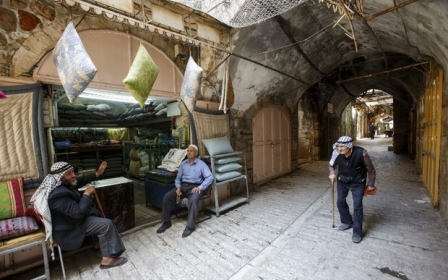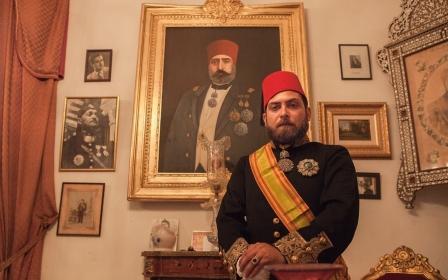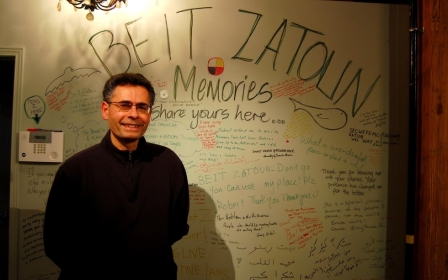UNESCO selects former French culture minister as new chief
The United Nations' cultural agency selected former French culture minister Audrey Azoulay as its new chief on Friday, handing her the keys to revive UNESCO's fortunes after the United States pulled out.
Azoulay edged out Qatar's Hamad bin Abdulaziz al-Kawari after the fifth round of voting and the decision will now be put forward for approval to UNESCO's 195 members on 10 November.
A sudden announcement on Thursday that the United States was quitting over perceived anti-Israel bias meant that whoever wins the top job would inherit a body in turmoil, with huge questions over its future funding and mission.
"In this time of crisis we need more than ever to support, strengthen and reform UNESCO and not leave it," Azoulay told reporters, saying she would modernise the organisation.
"If I'm confirmed ... the first thing I will do is to restore its credibility, restore the faith of its members and its efficiency so it can act."
The 45-year-old, a former minister under president Francois Hollande, has the political background and knows the cultural and communications sectors well, having dedicated much of her career to them. She will replace Irina Bokova, a Bulgarian who has led the body since 2009.
Azoulay will have to try to restore the relevance of an agency born from the ashes of World War Two but increasingly hobbled by regional rivalries and a lack of money.
"Congratulations. France will continue to fight for science, education and culture in the world," President Emmanuel Macron tweeted.
Azoulay has the ardent backing of Macron, who had lobbied for her overseas during the past few months and has made education one of his top priorities. The French president has also pushed for more multlilateralism at a time when the United States has pulled back.
Officially known as the United Nations Educational, Scientific and Cultural Organisation, Paris-based UNESCO is best known for designating and protecting archaeological and heritage sites, from Syria’s Palmyra to the tombs of Timbuktu.
Most of its activities are uncontroversial, but when it comes to resolutions about how religious sites should be run in Jerusalem, for instance, every word is studied for accusations of bias.
The United States is meant to provide a fifth of UNESCO's funding, but it had already been withholding that amount since 2011 when the body admitted Palestine as a full member.
It announced its departure on Thursday, accusing UNESCO of anti-Israeli bias. Israel itself followed.
Qatar's al-Kawari was tipped to head the organisation after he came in first in a primary round of voting on Thursday, ahead of Azoulay and Egypt's Moushira Khattab.
The election has exposed deep rivalries between Qatar and Egypt that has its roots in the crisis engulfing Qatar and its Gulf Arab neighbours which have severed diplomatic, trade and travel ties with Doha, after accusing it of sponsoring militant groups, a charge Qatar denies.
New MEE newsletter: Jerusalem Dispatch
Sign up to get the latest insights and analysis on Israel-Palestine, alongside Turkey Unpacked and other MEE newsletters
Middle East Eye delivers independent and unrivalled coverage and analysis of the Middle East, North Africa and beyond. To learn more about republishing this content and the associated fees, please fill out this form. More about MEE can be found here.




